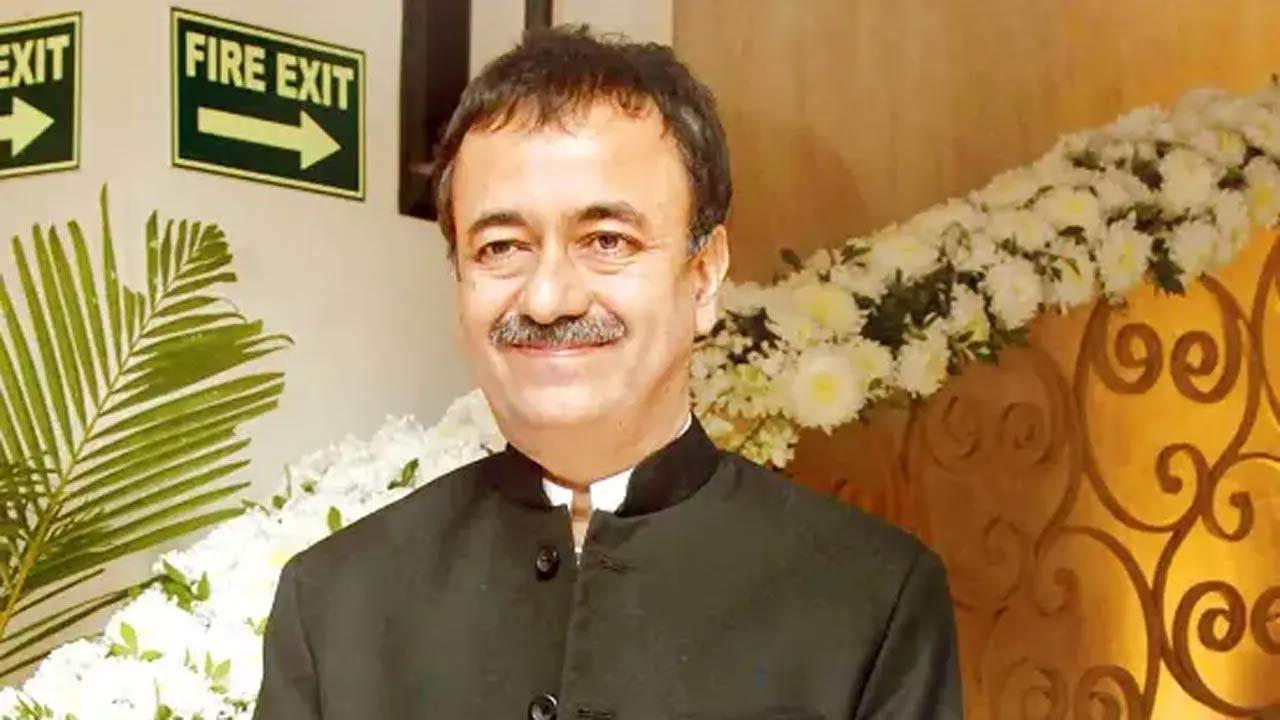
India has witnessed a slight increase in COVID-19 infections, with the Union Health Ministry stating on Tuesday that 116 new cases have been registered in the last 24 hours. This update comes alongside the news of three new fatalities from the state of Karnataka, contributing to a national death toll which now stands at 5,33,337.
The total number of active COVID-19 cases has risen to 4,170, in the backdrop of a recent upswing attributed to the emergence of a new sub-variant dubbed JN.1, which is descended from the BA.2.86 lineage. Amidst this nascent surge, local government bodies have been prompted to take immediate action.
In the capital, officials have confirmed that COVID-19 positive samples are being dispatched for genome sequencing to get a grip on the mutating virus. This new wave of vigilance comes as 63 cases of the JN.1 sub-variant have been recognized across different states. Goa tops the list with 34 cases, followed by Maharashtra with nine, Karnataka with eight, Kerala with six, Tamil Nadu contributing four, and Telangana with two cases, painting a diverse geographical spread of this variant within India.
The situation in Delhi remains relatively under control, maintaining a low positivity rate with reports indicating only three to four cases registered daily. Nonetheless, the Delhi government stands watchful, preparing to curtail any potential spread.
The nationwide scenario depicted a more pronounced increment on Monday, with a single-day rise of 628 new COVID-19 infections, marking an Active Caseload that reached 4,054. Alongside these figures, a single death was also reported from Kerala within a 24-hour period.
It is within this context that states across India have received keen directives from the Union Ministry of Health and Family Welfare to uphold and enforce the newly revised COVID-19 surveillance guidelines with rigour. These guidelines are designed to aid the swift identification and immediate management of new cases, aiming to prevent large outbreaks and to keep the healthcare system from being overwhelmed.
The guidelines emphasize increased testing, tracing, and treatment, which have been the cornerstone of India’s COVID-19 response since the onset of the pandemic. They also call for an acceleration in the vaccination drive and proper adherence to COVID-appropriate behavior to ensure that the population is shielded against any potential spikes in infections.
The recent reports of the COVID-19 JN.1 subvariant’s spread have led to a reinforced message about the importance of vigilance. The variant, which scientists are closely monitoring due to its link to the previously dominant BA.2.86 lineage, could potentially threaten the gains made in containing the pandemic if not managed effectively.
India’s vast vaccination programs have been a bulwark against the rampant spread of the virus and are believed to be crucial in keeping the number of severe cases and deaths low amid the globally fluctuating contours of the pandemic. As the country monitors the recent rise in cases and the spread of the JN.1 subvariant, public health officials and the general population are reminded of the importance of maintaining preventive measures and participating in the vaccination effort.
Public health experts continue to monitor these developments and maintain that while the recent increase in cases is indeed a call for cautiousness, the numbers are not suggesting a reason for panic. With most of the country’s adult population vaccinated and booster doses being rolled out, the focus remains on staying prepared and keeping healthcare protocols effective, efficient, and equitable.










